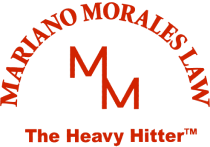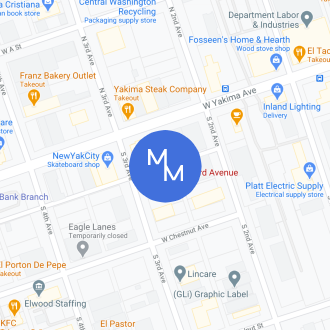The term “slip-and-fall” often has a rather negative connotation when people hear it. The slip-and-fall cases that typically make headlines are the ones where an alleged victim is really just trying to scam a large company or corporation. This is unfortunate for legitimate slip-and-fall victims because it tends to make defendants suspicious of the victims and their injuries. It also may make genuine victims less likely to come forward when they have truly been injured.
Although the scam artists are the ones who make headlines, the truth is that there are thousands of legitimate slip-and-fall injuries suffered each year by law-abiding people. If you have suffered a slip-and-fall injury, or other premises liability injury, do not hesitate to pursue your right to compensation because of the negative publicity these types of injuries sometimes receive.
A slip-and-fall injury is a form of negligent tort and is based on the general concept of premises liability. “Torts” is the area of law that addresses injuries, whether to your person or property. Torts can be either strict liability, intentional or negligent. The vast majority of torts are negligent torts. In order for someone to be liable to you for injuries sustained as a result of negligence, the person must have owed you a duty to use all reasonable care to ensure that you were not injured. If the person breaches that duty of care and you are injured as a result, the person may be civilly liable to you for those injuries.
Premises liability is an area within negligent torts that essentially holds a property owner responsible for acts or omissions that lead to injuries on their property. Premises liability can refer to both private and public property; however, it is typically more complicated when the property is private property than when the injuries occur on public property.
As a general rule, a shop owner, or the owner of public property where people are allowed to enter freely, owes a duty of care to invitees on the property. In other words, the owner of the local convenience store owes a duty to use all reasonable care to protect from injury all the customers who enter onto the property. This is not to say that true accidents don’t happen–they do. If, however, the property owner did something, or failed to do something, that caused or contributed to your injuries, then they can potentially be held responsible. Some common examples of situations that may be considered slip-and-fall accidents include:
- Boxes in the middle of an aisle that cause you to trip and injure yourself
- Water, or other liquid, that was not cleaned up which causes you to slip and injure yourself
- Merchandise stacked on high shelves that falls on you, causing injuries
- Broken door that malfunctions and hits you, causing injuries.
Snow and ice can lead to slip-and-fall accidents. In Washington, store owners are not required to remove snow and ice that are naturally accumulated. However, if they choose to remove it, they cannot do so in a negligent manner.
This is hardly an exhaustive list; however, it does provide an idea of what might be considered a slip-and-fall type of personal injury accident. Many factors go into determining whether or not you are entitled to compensation for any injuries you suffered in any type of accident. The best way to find out whether you are entitled to compensation for your injuries is to seek the advice of a Washington State slip-and-fall injury attorney.
Contact the team at Mariano Morales Law at (509) 853-2222 for a detailed evaluation of your potential case.


